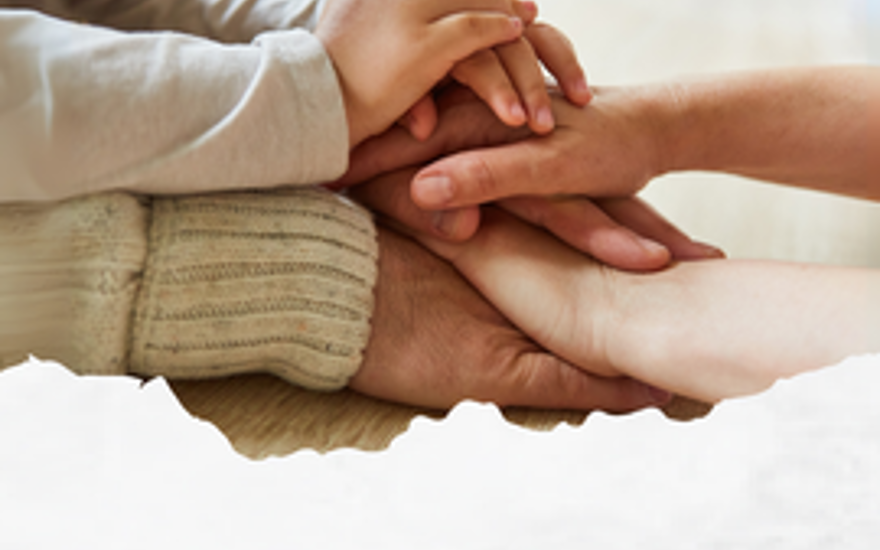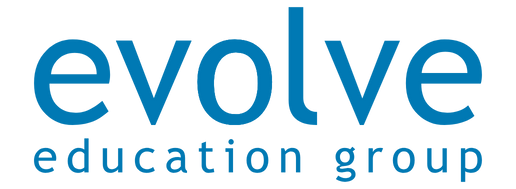Sharing your Culture
27 June 2025

If you have a child in an early learning centre, you may have been invited to share your family’s culture within this centre.
There are many ways that you can share your culture with your child’s early learning centre but what exactly does this mean and how can this practice benefit your child as well as others?
What is culture?
Culture is defined by the Education Hub as the:
“complex phenomenon that includes the changing worldviews, knowledge, values, traditions, beliefs, capabilities, and social and political relationships of a group of people that give meaning to and influence their life and actions. This means that culture goes beyond visible and tangible aspects, such as food or dress, to include more implicit behaviours to do with social roles, behaviours, communication and beliefs. Culture is shared between and learnt in groups of people that are bound together by a common history, location, language, religion or social class, yet it is multifaceted and dynamic, so that there are variations between individuals within cultural groups.”
These are just a few of the many benefits for both your whānau and the centre when sharing your culture:
- Fosters an inclusive environment
Sharing your culture helps to foster an inclusive environment where diversity is celebrated. This can help support children to learn the value of respect and acceptance for different cultures and traditions. - Helps support children’s confidence
Sharing your culture can also boost your child's confidence and sense of identity, as they can recognise their culture being respected and upheld within a shared setting. - Promotes curiosity and learning
Sharing your child's culture with their early childhood centre can be a fantastic way to promote curiosity and also helps create a rich learning environment. - By weaving in diverse cultural traditions, languages, music and foods, children are exposed to new perspectives and experiences that can capture their interest and encourage them to ask some great learning questions.
Just as there are many benefits when sharing your family’s culture with your child’s early learning centre, there are also many ways that this can be done. Some ways include (but are of course, not limited to):
- Sharing your aspirations
Sharing your aspirations for your child with your early learning centre is another way that you can share your culture.
You will find that often these aspirations are woven around your family’s belief and value systems and in turn are intricately linked with your culture. - Music
Music is a fantastic way to share your culture! Does your child have a favourite (family friendly) song?
Sharing this information with the centre, especially when your child is settling in can help foster those links between home and centre life. - Food
Does your child’s centre provide food? If so, feel free to share recipes and food ideas from your culture with the centre! This then provides an opportunity for these to potentially be woven into the centre menu so that your child and others get to experience food from your culture. If your centre doesn’t provide food, there are still opportunities to share this aspect of your culture with the centre - have a kōrero with the team and they can help make a plan that works for the centre's unique learning community. - Language
Language is one of the most important ways that you can share your culture. If English is your second language, or if you have another language that your child is learning, it is important to share words and phrases with their centre so that kaiako (teachers) can weave these into their interactions. This will also help your child feel a strong sense of belonging and that their culture is both celebrated and thoughtfully responded to.
The Evolve Promise
Here at Evolve Education we believe in partnering with you to understand and support your child’s care and learning needs, while celebrating their unique culture and identity.
Although this is interwoven across all ages there are special ways that we do this with different ages.
With infants we ensure that their identity is embraced, and everyday care and learning is uniquely New Zealand.
For toddlers we celebrate and integrate their individual language, culture, and identity through songs, conversations, pictures, and dance.
And for young children we support them to celebrate who they are, embrace diversity and create a place where they feel valued with the uniqueness of New Zealand embedded in their journey.



